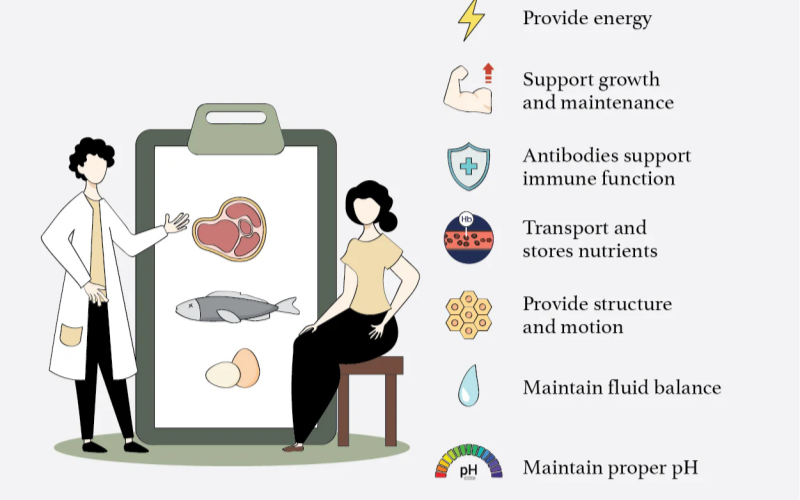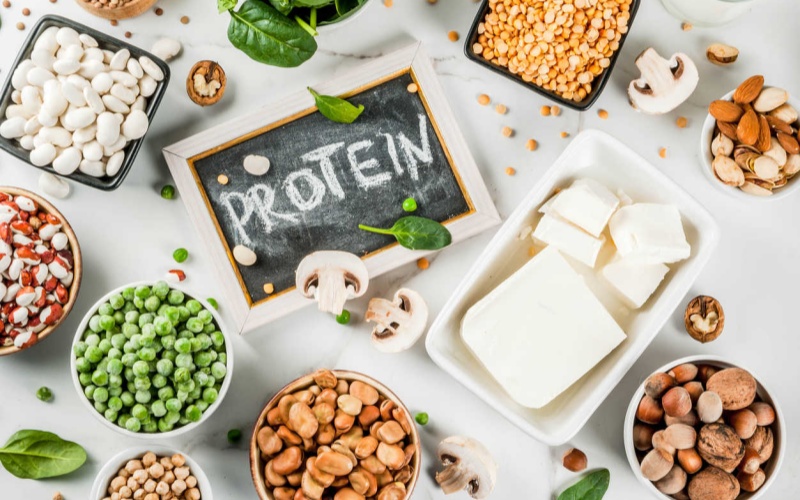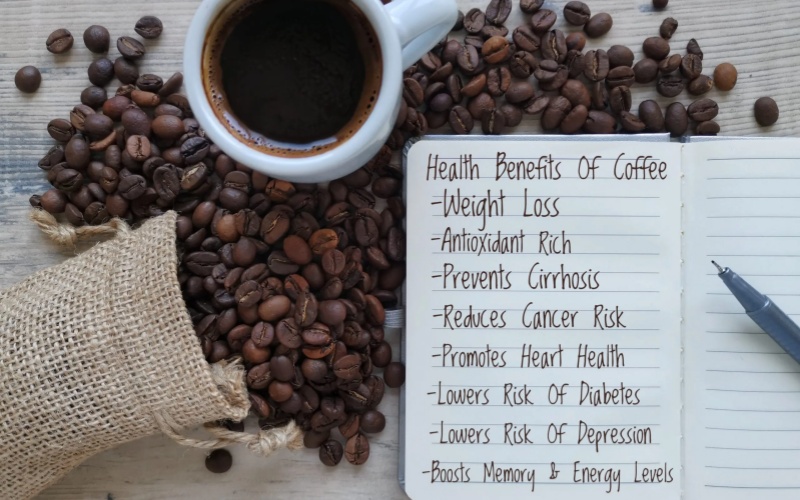The Importance of Protein
1. Muscle Building and Repair: Protein is essential for muscle growth and recovery, making it a key nutrient for athletes and fitness enthusiasts. Consuming adequate protein helps repair muscle fibers after exercise, promoting strength and endurance.
2. Weight Management: Including protein in your meals can aid in weight management. High-protein foods tend to be more filling, reducing hunger and cravings. This can lead to lower overall calorie intake and support weight loss efforts.
3. Supports Immune Function: Proteins play a significant role in the immune system. Antibodies, which are proteins, help defend the body against infections. A diet rich in protein can enhance your immune response and overall health.
4. Hormonal Balance: Many hormones in the body are proteins or peptides. Adequate protein intake is essential for the production and regulation of hormones that control various bodily functions, including metabolism and growth.

Sources of Protein
Incorporating a variety of protein sources into your diet is essential for obtaining all the necessary amino acids. Here are some excellent options:
1. Animal Sources: Foods such as lean meats, poultry, fish, eggs, and dairy products are rich in high-quality protein. These sources provide all essential amino acids, making them complete proteins.
2. Plant Sources: For those following a vegetarian or vegan diet, plant-based proteins are abundant in beans, lentils, chickpeas, quinoa, nuts, and seeds. Combining different plant sources can help ensure you receive all essential amino acids.
3. Protein Supplements: Protein powders and bars can be convenient options for those needing an extra protein boost. Look for high-quality products with minimal additives to maximize health benefits.

Tips for Incorporating Protein into Your Diet
1. Balance Your Meals: Aim to include a source of protein in every meal. This can help maintain energy levels and support muscle health throughout the day.
2. Snack Wisely: Choose protein-rich snacks, such as Greek yogurt, cottage cheese, or a handful of nuts, to keep you satiated between meals.
3. Plan Ahead: Meal prepping can help you ensure you have protein-rich options available. Prepare dishes that include a variety of protein sources to keep your meals interesting and nutritious.
Conclusion
Protein is an essential nutrient that supports various bodily functions, from muscle growth to immune health. By understanding the importance of protein and incorporating a diverse range of sources into your diet, you can optimize your health and well-being. Whether you’re an athlete, a busy professional, or simply looking to maintain a balanced diet, prioritizing protein can lead to lasting benefits for your body and mind. Embrace the power of protein and transform your meals into nourishing, health-boosting experiences.




